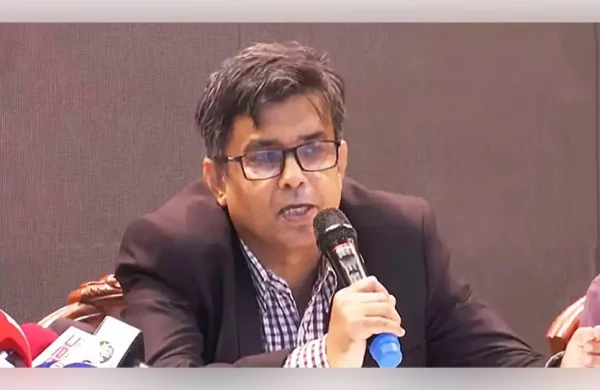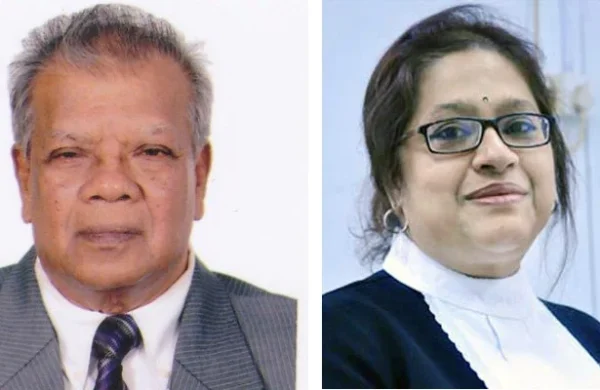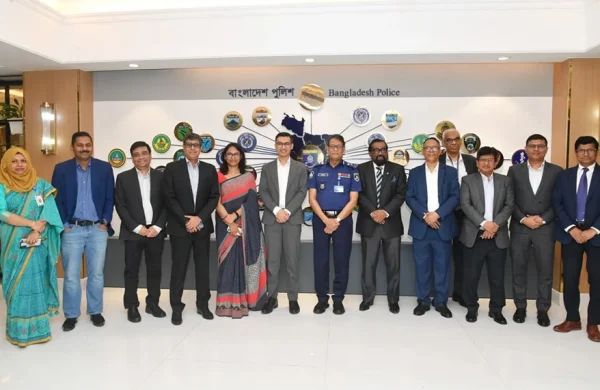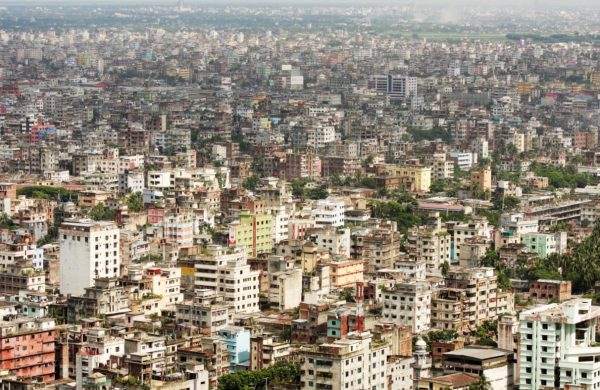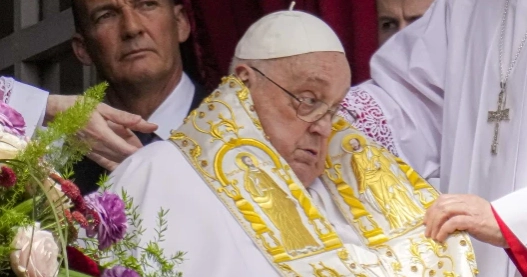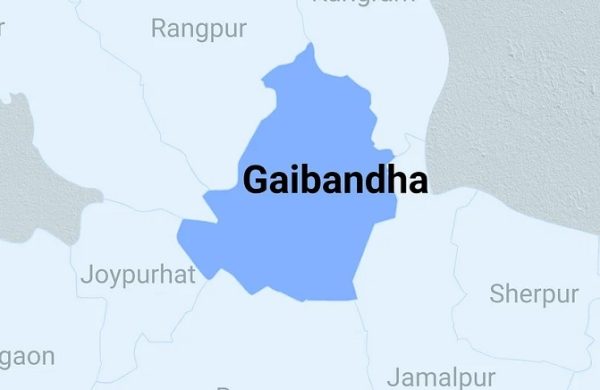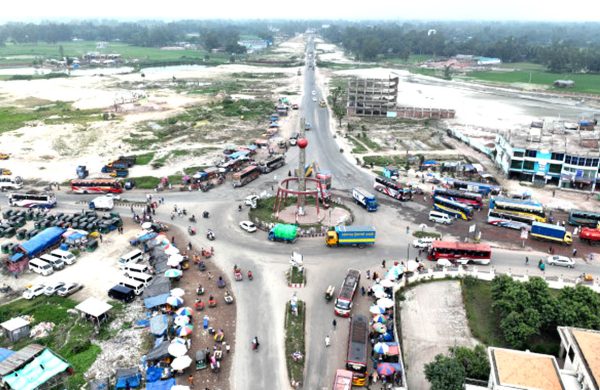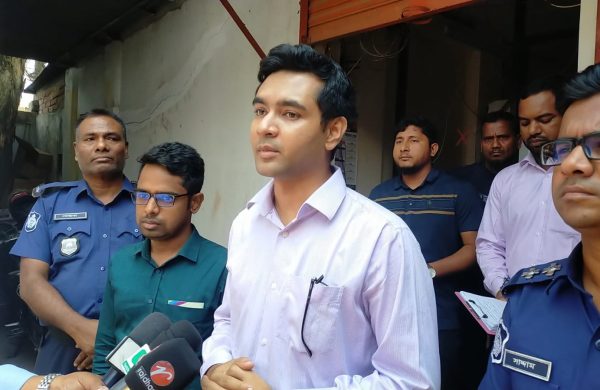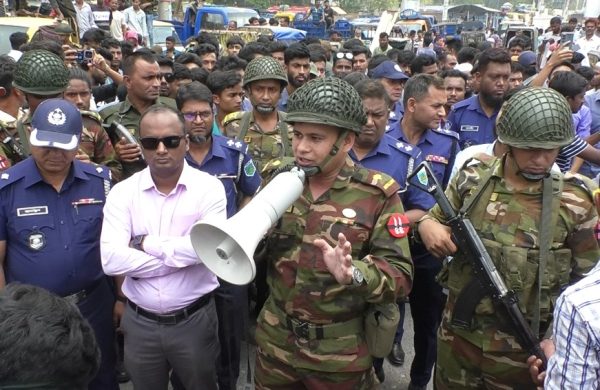Four US senators write to Yunus urging reforms and accountability
- Update Time : Saturday, September 21, 2024
- 68 Time View
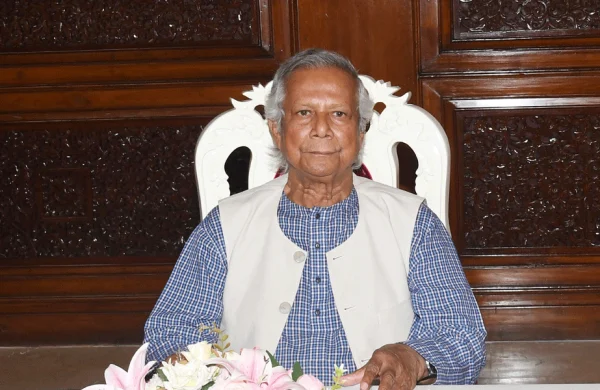
TDS Desk:
Four US senators have written a letter to Chief Adviser Prof Muhammad Yunus, emphasising on the urgent need for democratic reforms and accountability in response to widespread protests demanding substantive political and institutional changes.
The senators also called for stronger law enforcement and swift action to hold accountable those responsible for attacks on vulnerable communities, including the Hindu population and Rohingya refugees in Cox’s Bazar.
“In recent weeks, the world has witnessed how the people of Bangladesh have courageously demonstrated the transformative power of collective action,” says the letter.
US Senator Ben Cardin (D-Md), chair of the Senate Foreign Relations Committee, along with Senators Chris Murphy (D-Conn), Chris Van Hollen (D-Md), and Jeff Merkley (D-Ore) signed the letter on September 20.
“This transition presents a historic opportunity to reform institutions, protect human rights, and ensure inclusive participation in governance,” it said.
They congratulated Prof Yunus on becoming the interim leader of Bangladesh and appreciated the courage of the people, saying that when citizens unite, their voices can compel even the most entrenched and authoritarian leaders to relinquish power.
They said the historic moment did not come without costs, however. Instead of engaging the legitimate grievances of the protestors, the Bangladesh security forces – including Rab – responded with brute force, killing hundreds of protestors, and arresting and injuring thousands more.
They mourned the lives that were lost and urged the interim government to create a credible process to conduct an independent and impartial investigation into the security services’ human rights violations.
This is also an opportunity to support civil society and independent media, and to hold individuals accountable for the violence committed against the citizens of Bangladesh, it said.
The senators also said while many celebrate this new chapter in Bangladesh, a concerning volume of those celebrations have turned violent, with documented reports of reprisals targeting police as well as minority Hindu communities and those perceived to be supporters of Sheikh Hasina’s government.
In a world that has recently witnessed repeated assaults on democratic ideals, Bangladesh has a rare opportunity to respond by delivering on the “second liberation” many protesters have called for through the formulation of a government that respects democratic values and institutions.


